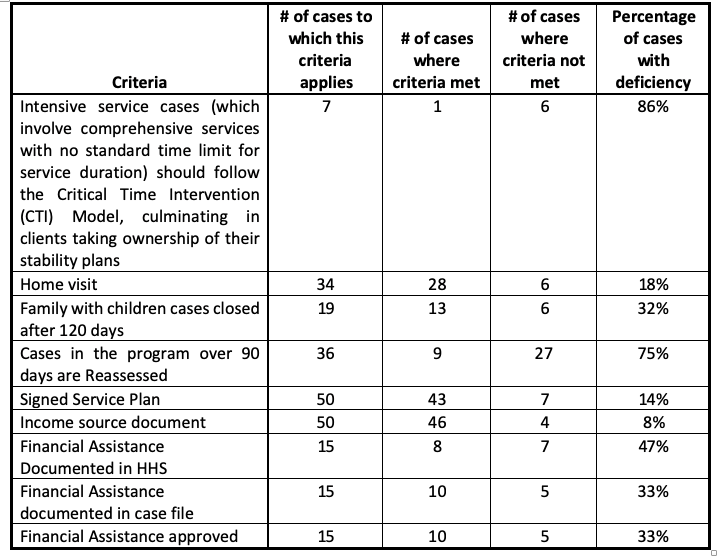AG James Leads Bipartisan Coalition in Sending Letter Asking Federal Banking Regulator to Withdraw Rule Facilitating ‘Rent-A-Bank’ Schemes
New York Attorney General Letitia James led a bipartisan coalition of attorneys general that included the attorneys general of California, Illinois, and 19 other states to object to a proposed rule that would undermine New York’s efforts to prevent predatory lenders from taking advantage of consumers by charging high interest rates on loans and bypassing state caps — or usury laws — already in place. In a comment letter submitted to the Office of the Comptroller of the Currency (OCC), the coalition of attorneys general urge the OCC to reject the proposed rule that would enable predatory lenders to circumvent these caps through “rent-a-bank” schemes — arrangements in which heavily regulated national banks act as lenders in name only and enter into sham partnerships with unregulated entities so that they can receive exemptions that allow them to issue loans at interest rates that exceed state caps.
“At a time when credit card companies are making record profits and millions of Americans struggle to make ends meet, it is disappointing that the federal government has chosen to protect big banks’ profits rather than vulnerable consumers,” said Attorney General James. “Rather than stem the tide of exploitative and predatory loans that trap consumers in a cycle of debt, the OCC wants to open the floodgates by sanctioning schemes that allow the financial services industry to target New Yorkers. Rent-a-bank schemes make a mockery of federal law, and the OCC’s sanctioning of these schemes is an insult to the majority of states whose citizens have rejected the absurd notion that freedom means the ‘right’ to take out a loan at a triple-digit interest rate.”
Under the federal National Bank Act, national banks that are licensed and regulated by the OCC are permitted to charge interest on loans at the maximum rate permitted by their home state, even in states where that interest rate would violate state usury laws. The ability to preempt state usury laws in this way is a privilege granted to national banks — and only to national banks — because they are subject to extensive federal oversight and supervision. This privilege is extremely valuable to national banks because it permits them to lend money at rates in great excess of the rates they pay to borrow money. While federal law provides a carve out from state usury laws for federally-regulated banks, state law continues to protect residents from predatory lending by non-banks, such as payday, auto title, and installment lenders. Congress affirmed that role with the Dodd-Frank Wall Street Reform and Consumer Protection Act of 2010, preserving more protective state laws and rejecting attempts by the OCC to limit the authority of states over the financial services industry.
Despite the protections in Dodd-Frank, the new regulations proposed by the OCC — originally proposed in November 2019 — would extend the National Bank Act exemption for federally-regulated banks to non-bank debt buyers, such as payday lenders or any entity that purchases debt from a national bank. The proposed rule seeks to achieve this result by recasting National Bank Act preemption as an ordinary property interest that can be assigned, and codifying an obscure doctrine that purportedly concerns the assignability of contractual rights — a sharp reversal in law and policy.
In the comment letter, Attorney General James and the coalition of attorneys general object to the proposed rule, stating that it stands in direct conflict with the National Bank Act and the Dodd-Frank Act, exceeds the OCC’s statutory authority, and violates the Administrative Procedure Act. Further, Congress has clearly rejected legislation to expand the National Bank Act preemption to non-banks, further undermining the OCC’s attempt to rewrite federal law to suit its extreme policy preferences.
Joining Attorney General James in sending today’s letter to OCC are the attorneys general of California, Colorado, Hawaii, Illinois, Iowa, Maine, Maryland, Massachusetts, Michigan, Minnesota, Nevada, New Jersey, New Mexico, North Carolina, Oregon, Pennsylvania, South Dakota, Virginia, Washington, Wisconsin, and the District of Columbia, in addition to the Hawaii Office of Consumer Protections.

